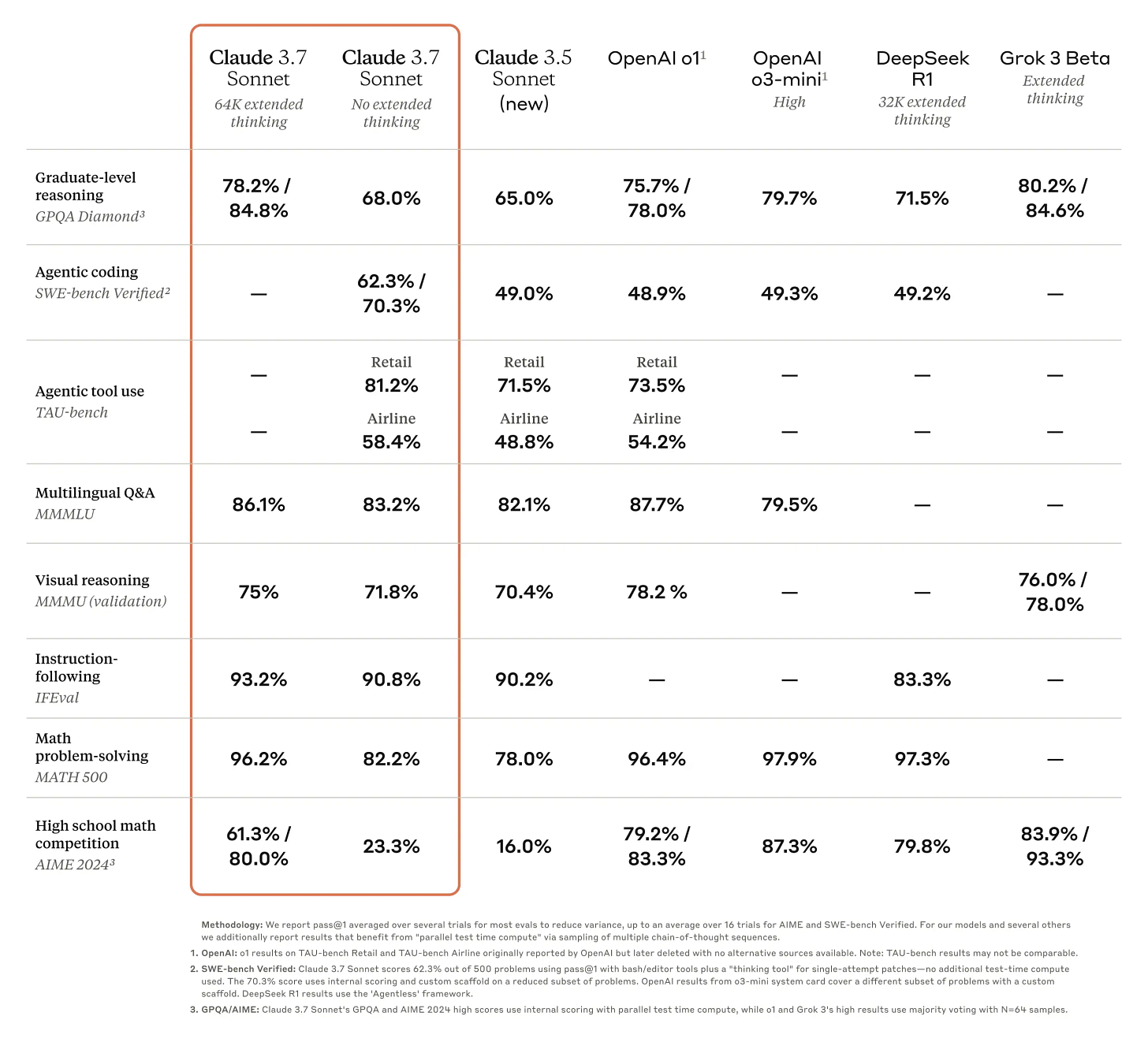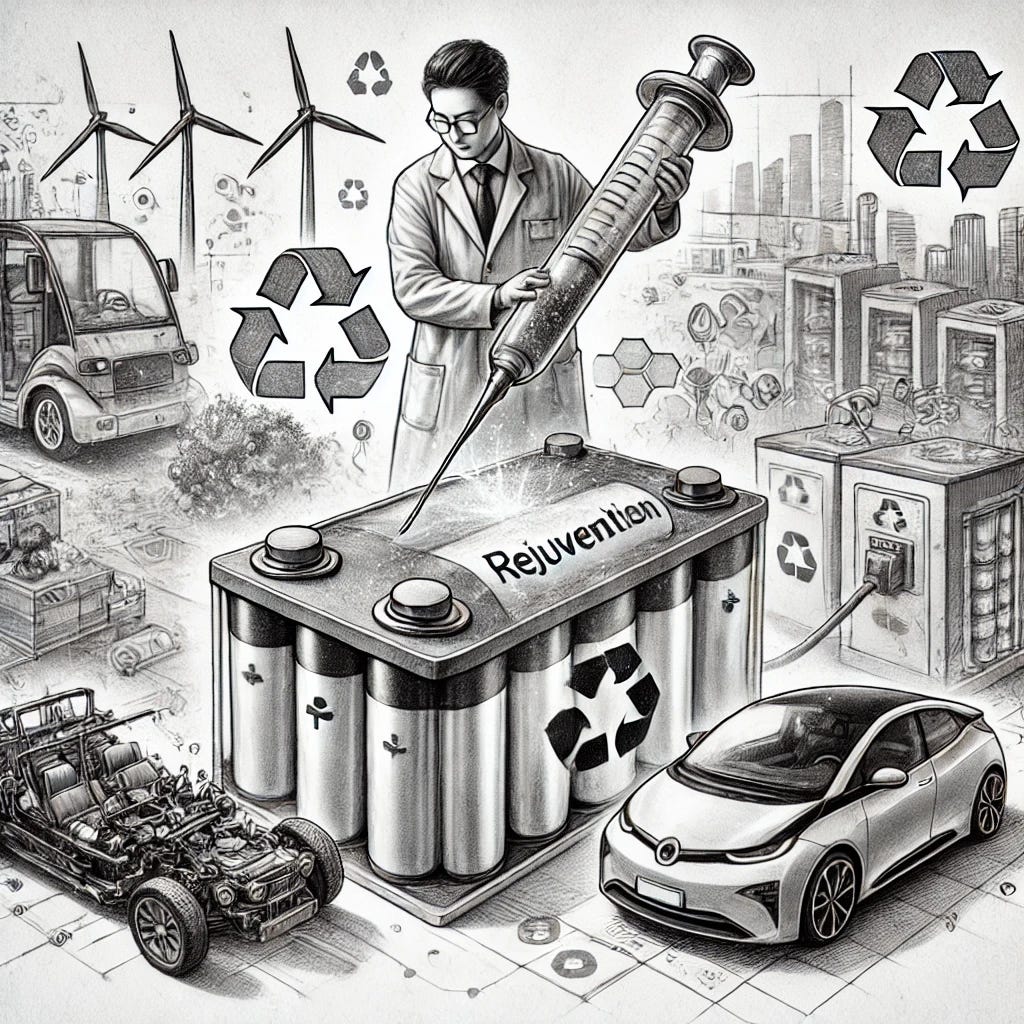Welcome to Binary Circuits’ 10th weekly edition
Your weekly guide to most important developments in technological world
Dear Readers,
Binary Circuit explores this week the core of the AI revolution and how fast developments are transforming sectors and generating hitherto unheard-of possibilities.
Anthropic's Claude 3.7, a new AI model, demonstrates flexible reasoning for the first time. Users can now select between "Normal" and "Extended" thinking modes, therefore enabling both fast answers and thorough problem-solving. We think Claude Code is a great advancement in terminal-based agentic coding. Given its adaptability and decision-making power, Claude 3.7 is appropriate for research and business automation.
Additionally, NVIDIA and DeepSeek are demonstrating that strategic relationships rather than rivalry could release AI's full potential. Just in a month, Nvidia’s R1 model optimization, achieved through collaboration with DeepSeek, have made AI inference 25 times more profitable and 20 times cheaper per token.
AI has influence beyond just better chatbots. By identifying disease-causing mutations with 90% accuracy, generative artificial intelligence models like Evo 2 are revolutionizing biotech research Through modeling trials, developing new proteins, and predicting molecular interactions, AI is accelerating drug discovery, altering enzyme engineering, and extending customized medicine. AI could enable us to eradicate diseases and extend lifespans.
The impact of AI keeps on growing. By injecting a specific solution, Chinese researchers have achieved a six-fold to 10,000 charge cycle increase in lithium-ion battery life. By cutting waste, inefficiencies, and pricing, this could transform the consumer electronics and EV markets.
However, the primary concern is whether companies and investors can manage the fast change of events and slower than expected ROI. Will the record $320 billion on AI infrastructure by the Mag-7 tech giants this year result in sustainable progress or an AI-driven bubble? How can companies lead rather than follow as AI alters automation, medicine, and energy?
Sound bites you should know:
Meta announced a dedicated AI chatbot app to launch this year, joining the competition with OpenAI, Google, and Microsoft. Appstore might just be confined to one AI app that does everything.
Tencent's new Hunyuan Turbo S AI model promises near-instant replies, leaving "slow-thinking" models in the dust. China is quickly bridging the gap with the U.S. technology companies. Two technology worlds might be on the horizon.
OpenAI launched GPT-4.5 ‘Orion’—its largest AI model yet, built for deeper knowledge and sharper responses.Scaling issues can’t be denied and would be the next frontier research subject.
Google’s AI solved a decade-old superbug mystery in two days. The future of scientific research may never be the same.
Berkeley’s NovaSky team built Sky-T1, an open-source AI model rivaling top reasoning models—trained for under $450. AI at lower cost and at scale is within reach.





